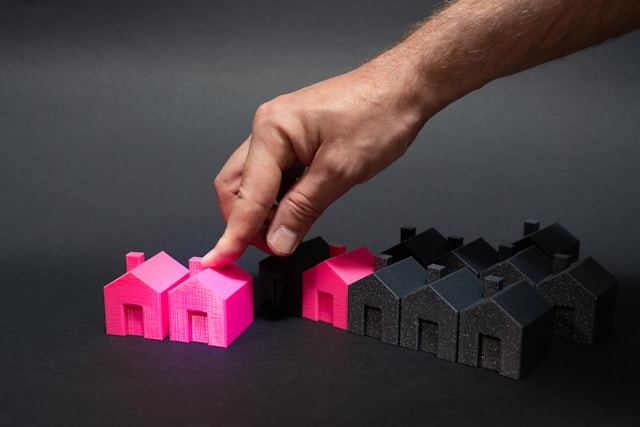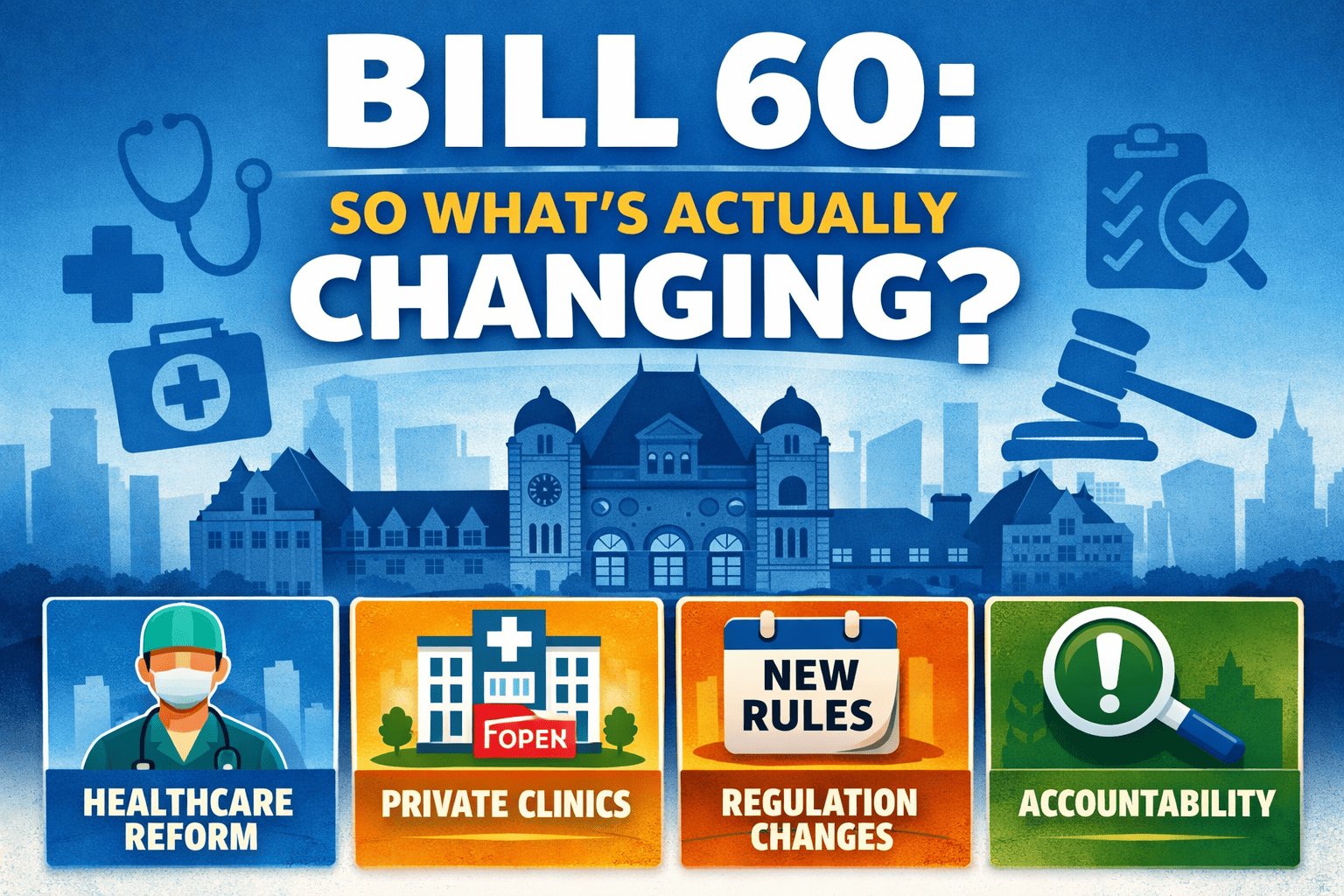Do you have a suspicion that your tenants are keeping your property extremely uncleaned, better yet, hoarding? This can be very overwhelming for landlords and their properties. Here’s how to navigate through this situation.
What is hoarding?
Hoarding is the act of someone keeping an excessive amount of unnecessary items in their homes, to the point where there is very limited space. Think of a small closet with a bunch of junk inside, this is what a hoarders home looks like throughout the entire property. Barely any room for residents to sit and enjoy the space due to the outrageous amount of non-essential items.
Hoarding is a mental health disorder affecting approximately 6 millions Canadians. The inability to discard items can cause significant psychological, emotional and physical distress to the residents of the property. It’s important for landlords to be empathic in this situation, however, make the necessary steps to limit the risks of the residents and neighbours.
What does hoarding do to a property?…
Hoarding can lead to many dangerous situations for the residents, neighbours and physical property which must be addressed:
- Unsanitary conditions
- Rodent and insect infestation
- Electrical hazards
- Fire hazards
Can a Landlord evict a tenant for hoarding?
As per the Ontario Landlord and Tenant Board, keeping an untidy unit is not a reason to evict a tenant under the RTA. However, untidiness should not be confused with hoarding. If the property is excessively unclean to the point where it disrupts the enjoyment of other residents and neighbors in the building, then the tenants may be evicted for this reason, according to professional tenant eviction management services.
As we mentioned in this blog, hoarding affects not only the enjoyment of the property but also the health and safety for everyone.
What should Landlords do if Hoarding is evident?
Here are recommended steps to take..
- Inform the tenant to correct the problem: Landlords should inform the tenant that they are aware of the condition of the property, inform them of the health and safety risks this imposes and give them a reasonable timeframe to fix the problem.
- Inspection of the property and conduct repairs: If the tenants do rectify the issue, landlords should schedule in an inspection, ideally with a professional who can help detect issues with the property. Note the condition of the property and coordinate repairs such as, pest control, moulding, etc.
- Provide tenants with notice to end tenancy: If the tenants don’t fix the problem by the given deadline, landlords may begin the eviction process by providing a legal end of tenancy termination notice to the tenants. Landlords can download these notices on the LTB website: https://tribunalsontario.ca/ltb/forms/
- After the tenants have moved out and there are noticeable damages due to the impact of the hoarding at the property – landlords can apply to the LTB for tenants to pay for the repairs. To learn about the responsibilities of repairs and maintenance, read more on our blog: https://manageyourproperty.ca/blog/guide-on-maintenance-and-repairs-in-rental-properties/
The impacts of hoarding can be a huge burden for property owners. Although it’s humane to understand that this disorder affects the mental health of such people, it’s important to address the health and safety of the residents and neighbours who are at risk.
If you or a landlord you know is dealing with tenant issues and need support navigating through the dos and don’ts, make sure to contact us at Manage Your Property and we will be happy to guide you through.





